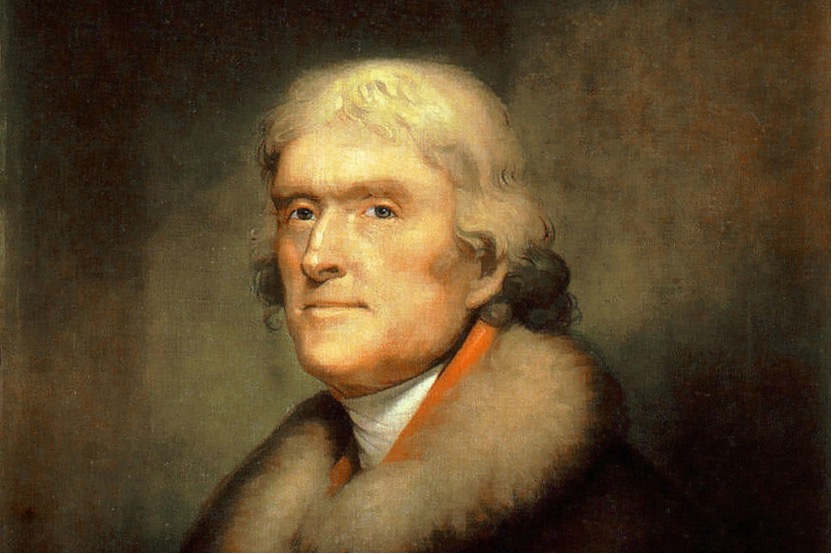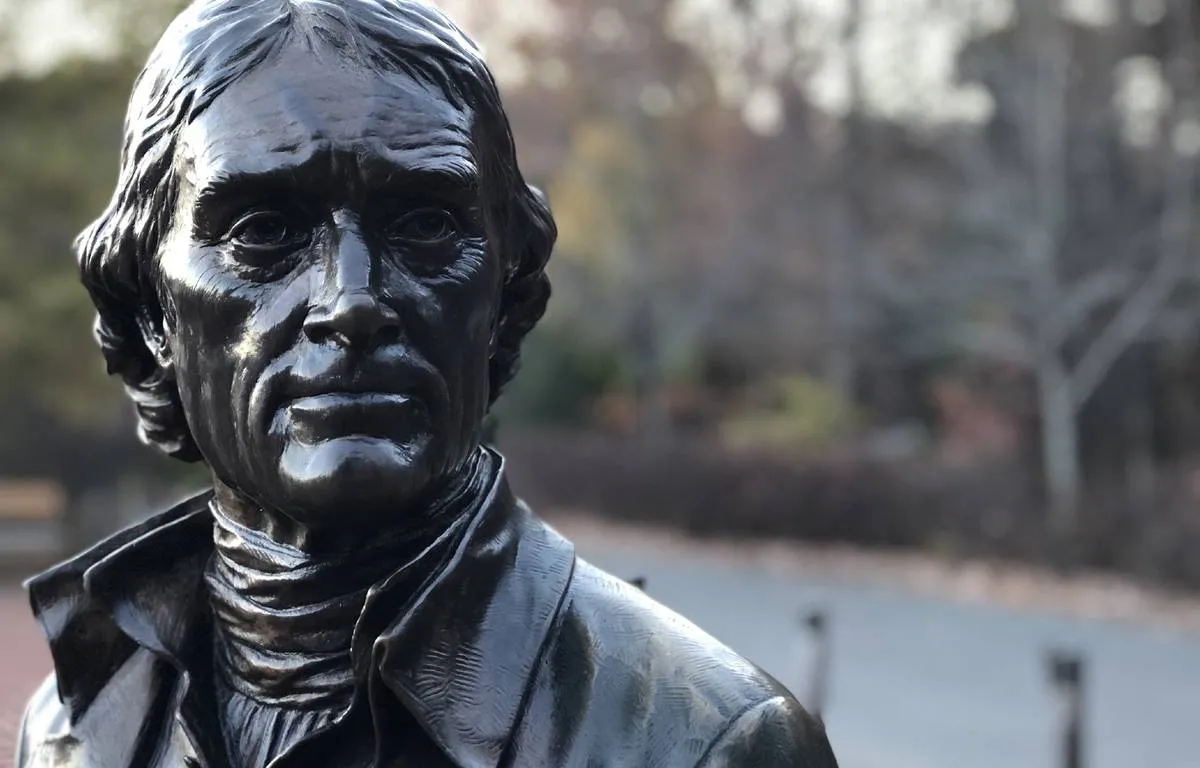By Sophia Mavrou,
Slavery has existed since man started thinking. Cultural division and by extension the domination of a group as superior over another group, regarded as insufficient, is well established in human thought. Indeed, the mind can function creatively when it comes to excuses. As long as one is persuasive, has supporters, and is acquainted with the target’s capabilities and knowledge, they are capable of either arraigning or praising everything while completely forgetting values such as objectivity, justice, and reason.

Great examples of slavery were the colonies of Great Britain. Some historians argue that slavery created what the United States is today since slaves were the number one source of income for the colonists. Yet, how did they marginalize such a large group for centuries unperturbed? They supported their superiority upon a list of cultural and natural differences so as to conclude in the innate inferiority of blacks and the need to be mastered.
An American patriot, inventor, active revolutionist, major exponent of slaveholders, and the man who wrote the Declaration of Independence (1776), Thomas Jefferson (April 13, 1743-July 4, 1826), cited a list of contrasts between the normal whites and the sub-human blacks in his work Notes on the State of Virginia (1787). Predominantly, white people denied equality with the blacks on the basis of appearance and culture and secondly for spiritual and mental purposes. The very first thing Jefferson presents as an important defect is that of color. Consistent with the American view, Jefferson believes that white bears a strong resemblance to beauty, whereas black links with ugliness and deterioration. He complains that Blacks’ flowing hair and their odor render them less attractive and intolerable. Further, he deplores the tendency of Blacks to require less sleep, grief temporarily, and be “more ardent after the female”. Although he did not utter so directly, he apparently assumed that all distinctions are rooted in nature and are, therefore, irreversible and predetermined. This is the essence of biological essentialism. It is for this reason that Blacks cannot be emancipated.

Above all, whites used “scientific proof” for illustrating the lack of reason among colored people. They estimated that blacks are not capable of creating anything of worth due to their immaturity and naivety. A part of the white’s race argument was the comparison between the Blacks and the Indians. To Jefferson’s mind, even Indians have a higher place than Blacks on the social and cultural ladder for the reason that Natives have often carved designs in their caves or pipes which implies an artistic element. Compared to the Blacks, Indians owned a “germ in their minds which only want[ed] cultivation”. Imagine that Blacks were treated even worse than the Indians at a time when Natives were considered instruments of evil, uncivilized, heathens, untrustworthy, and sub-human creatures.
As a result of the above beliefs, the chance of education for the Blacks was a fool’s errand for the whites. “Why offer them education when it is sure that they do not stand a chance of improvement by nature?”. Thomas Jefferson’s writings ignited a wave of hatred against Blacks which was such successful and persuasive that was passed firmly into the human DNA for centuries, up until right now, and we do not even can reach the roots of the problem. With the mantle of patriotism, whites fight nothing more than just a color, and “the worst thing about slavery is that the slaves eventually get to like it” (Aristotle).
References
-
Jefferson, Thomas. Notes on the State of Virginia, “The Norton Anthology of American Literature”, Ninth Edition, Volume A, Norton, 2017, United States of America.




